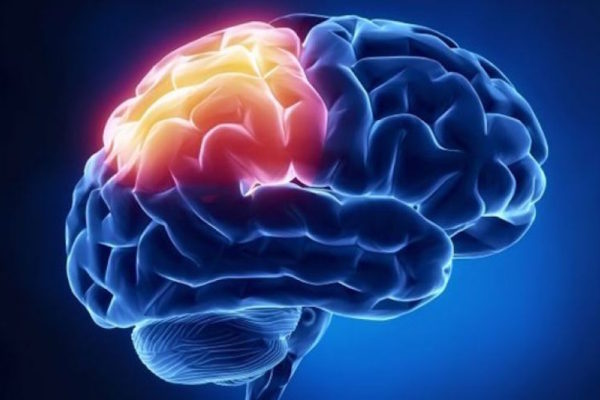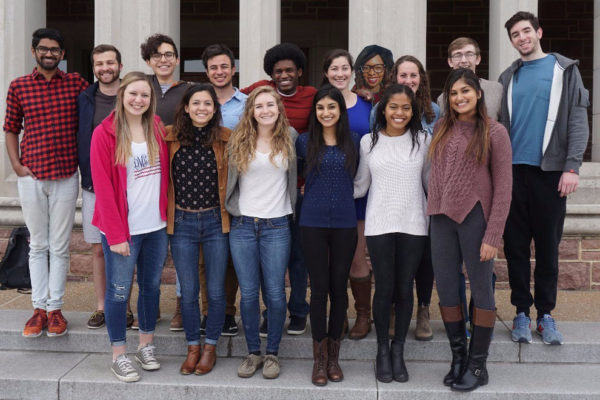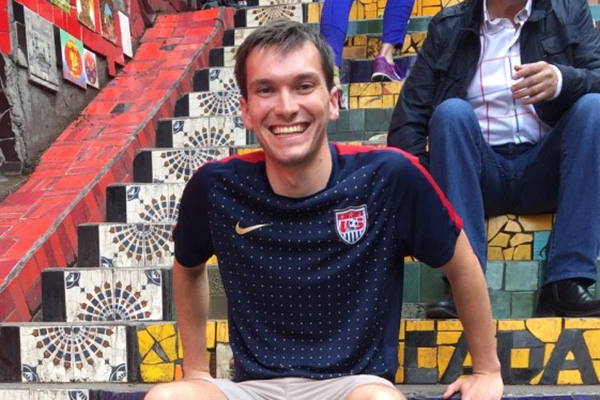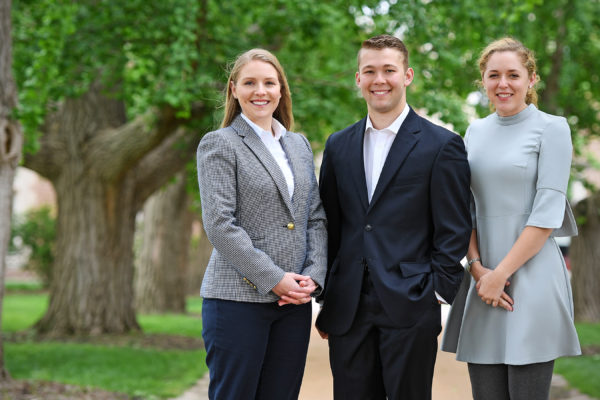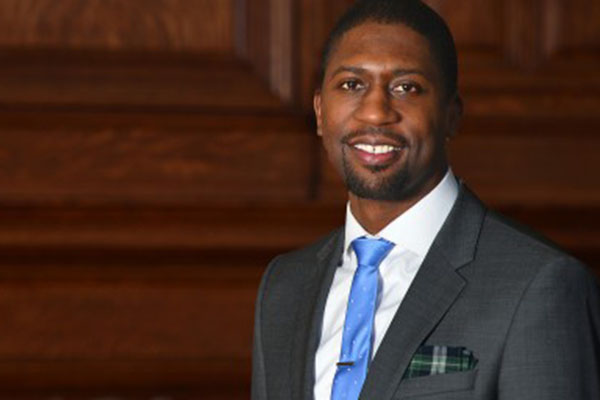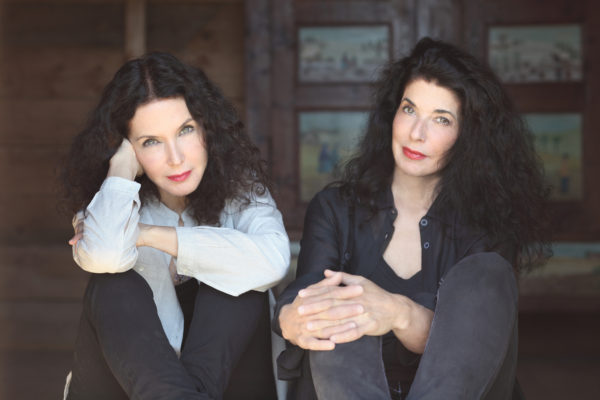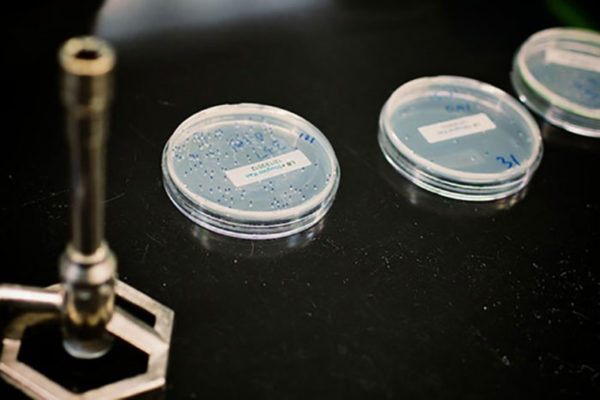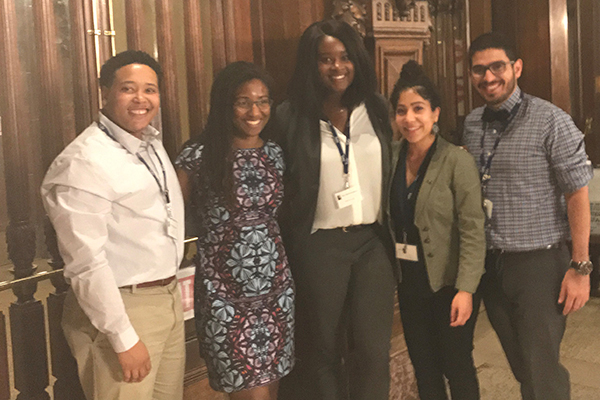Moron-Concepcion, Rodebaugh receive Brain & Behavior research grants
Washington University in St. Louis researchers Jose A. Moron-Concepcion and Thomas Rodebaugh are among 40 scholars selected to receive 2017 Independent Investigator grants from the Brain & Behavior Research Foundation, one of the top nongovernmental funders of mental health research grants.
Researchers to model brain’s memory network
Washington University in St. Louis brain scholars will join teams from four other universities in a five-year, $7.5 million research project that aims to build and test the most comprehensive model yet of how people understand and remember events.
New class of Civic Scholars named
The Gephardt Institute has named its Class of 2019 group of Civic Scholars. Sixteen sophomores, in Arts & Sciences and the Sam Fox School, have been chosen for the program’s latest cohort.
Webb wins Quatrano Prize
John Webb, a senior majoring in biology, with a concentration in neuroscience, and in Japanese language and culture, all in Arts & Sciences, has been awarded the Ralph S. Quatrano Prize.
Class Acts: At the intersection of business and sustainability
Three students arrived at Washington University in the fall of 2013 with a desire to do something to help the environment. This month, sustainability champions Nick Annin, Elise Fabbro and Nicola Salzman graduate and are poised to fight the globe’s most pressing problem with a powerful tool: the free market.
Martin named a Nancy Weiss Malkiel Scholar
Lerone Martin, assistant professor of religion and politics, has been named one of just 10 2017 Nancy Weiss Malkiel Scholars by the Woodrow Wilson National Fellowship Foundation.
Washington University announces 2017-18 Great Artists Series
Katia and Marielle Labèque are “the best piano duet in front of an audience today” (The New York Times). Susan Graham is “America’s favorite mezzo” (Gramaphone Magazine). The Calidore String Quartet boasts “understated but relentless intensity” (Los Angeles Times). For its 2017-18 Great Artist Series, Washington University in St. Louis will present three affordably priced concerts by some of today’s finest performers.
Antibiotic resistance circumvented in lab
As dangerous bacteria grow more savvy at evading antibiotics, researchers are seeking new ways to counterattack. Rather than design new drugs from scratch, some scientists are searching for ways to block the microbes’ evasive maneuvers. If resistance can be shut down, current drugs should remain effective. That concept is demonstrated in a new study from the School of Medicine.
Five doctoral candidates inducted as Bouchet fellows
Five doctoral candidates at Washington University in St. Louis were inducted into the Edward A. Bouchet Graduate Honor Society at the annual Bouchet Conference on Diversity in Graduate Education April 7-8 at Yale University.
Four faculty elected to National Academy of Sciences
Four university scientists are among the 84 members and 21 foreign associates recently elected to the National Academy of Sciences (NAS) in recognition of their distinguished and continuing achievements in original research.
View More Stories

